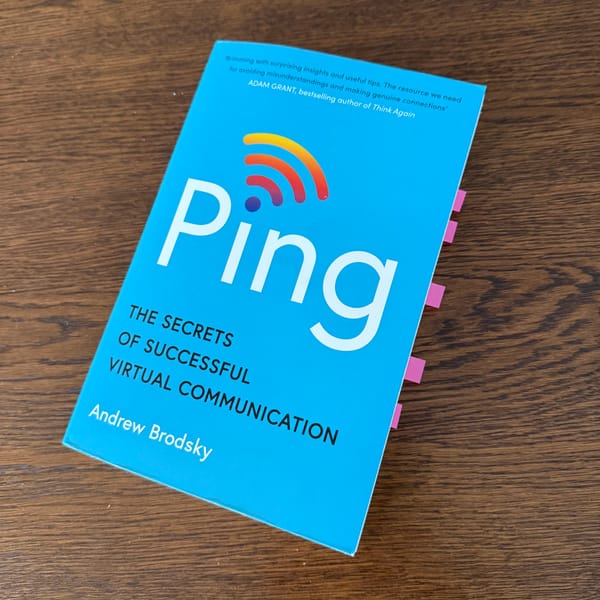Multitasking has become a common practice. We respond to emails while on conference calls. Or we scroll through social media while working on a project. We sometimes believe that multitasking helps us get more done in less time.
Yet, research suggests otherwise. Multitasking can actually decrease productivity and reduce our ability to focus on tasks.
In this post, I'll explore why multitasking is detrimental to productivity. I also have ways to stop multitasking and become more effective.
The Myth of Multitasking
Contrary to popular belief, multitasking does not make us more productive. In fact, it can have the opposite effect.
When we switch between tasks, our brains take time to refocus. Research shows these 'switching costs' can decrease productivity by up to 40%.
Additionally, multitasking can increase stress levels, and decrease our ability to retain information.
Ultimately, multitasking can hinder our overall performance.
The Power of Monotasking
Monotasking is a more effective approach to productivity. By focusing our attention on one task at a time we can devote our full cognitive resources to that task. This drives quality, and faster completion times. Monotasking can also allow us to enter a state of flow, where we become more immersed in our task. Flow state brings extra benefits for focus and creativity.
How to Stop Multitasking
Breaking the multitasking habit can be challenging, but it is possible. Here are some strategies to help you stop multitasking and become more productive:
- Prioritise tasks: Start by making a list of all the tasks you need to do. Then sort them based on importance and urgency. Focus on completing one task at a time, starting with the most critical ones.
Pro-Tip: My trigger list and prioritisation tools can help you here. - Set boundaries: Create designated time blocks for specific tasks. (Stuff #101 has information about time blocking). Use tools to avoid distractions during these periods. Turn off notifications, close unnecessary tabs, and silence alarms. Find a quiet workspace where you can concentrate on the task at hand.
- Practice mindfulness: Pay attention to your thoughts and actions as you work. If you notice yourself starting to multitask, redirect your focus. Techniques like deep breathing or meditation can help you stay present and focused.
- Use productivity tools: Use tools and techniques to help you stay focused. Time management apps, such as Pomodoro timers, can help you break your work into short 'sprints'. Project management tools can help you record your progress and stay on track.
- Take breaks: Remember to take regular breaks to rest and recharge your brain. Studies have shown that taking short breaks can improve focus and productivity. Schedule time for relaxation and rejuvenation throughout your day.
- Be rested: Ensure that you have enough sleep. When you find your mind wandering, it can be a sign your brain is tired and ready to latch on to any distraction.
Multitasking may seem like an efficient way to tackle multiple tasks at once. Yet, it often leads to decreased productivity and increased stress.
By adopting a monotasking approach you can enhance your productivity. Focusing your attention on one task at a time can also improve the quality of our work.
When you find yourself tempted to multitask, remember the power of monotasking. Focus your full attention on the most important and urgent task.
Your productivity and sanity will thank you for it.







Member discussion